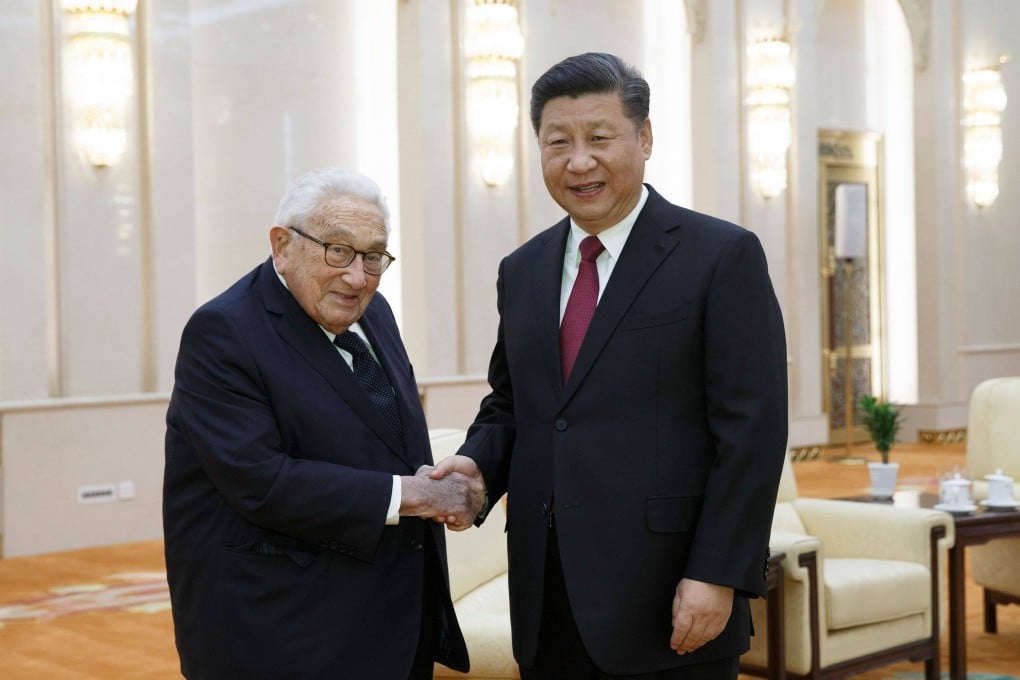Kissinger warns China and US to guard against all-out artificial intelligence conflict
- Former US secretary of state says the US must maintain high performance in artificial intelligence
- Kissinger tells German newspaper those believing China’s foreign policy must be confronted at all levels will generate ‘a maximum of resistance’

At 97, Kissinger has declared himself a student of AI, saying “it is fascinating not only economically, but also philosophically, because it will change the nature of human thinking about reality, which will affect all of us”.
“The US needs to maintain a high level of performance in AI,” he said.
However, he said it would be erroneous to assume China would automatically be superior to the US in the AI arena.
“While both sides may have the theoretical capability of winning, neither side chooses to exercise it – they should limit it by some kind of understanding,” he said. “Strive for it, because the alternative of an all-out conflict strains the imagination. The United States must always have an adequate defence. But in the hi-tech world, it must also work for coexistence.”
